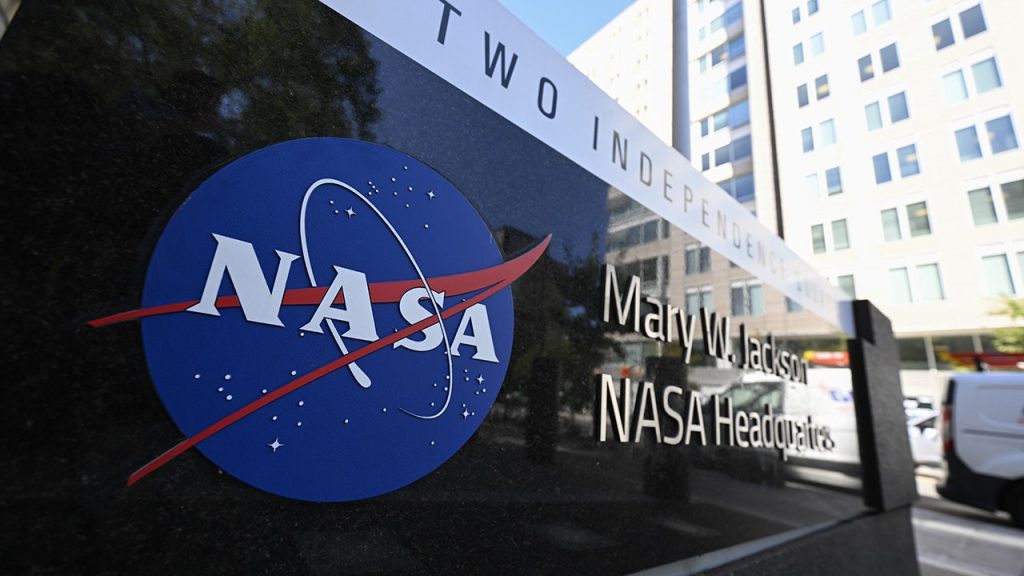NASA is contemplating relocating its Washington, D.C., headquarters as part of a larger initiative by the current administration aimed at downsizing the federal government. This potential move may impact approximately 2,500 jobs, redistributing operations to the agency’s 10 field centers across the United States. The NASA headquarters lease is set to expire in 2028, and officials are exploring options to lease alternative office space in the D.C. area without plans to construct a new building.
| Article Subheadings |
|---|
| 1) NASA’s Potential Headquarters Relocation |
| 2) Job Impact and Operational Redistribution |
| 3) Congressional Proposals and State Reactions |
| 4) Challenges of Losing Washington D.C. Presence |
| 5) The Future of NASA’s Field Centers |
NASA’s Potential Headquarters Relocation
NASA is considering significant changes to its operational base. The agency’s potential decision to exit its Washington, D.C., headquarters aligns with a broader strategy to, as expressed by some officials, reduce the size and scope of the federal government. This contemplation arises as the current lease for the headquarters is set to expire in 2028. Official statements reveal that NASA is currently evaluating alternatives for office space in the D.C. area.
Job Impact and Operational Redistribution
Should NASA proceed with relocating its headquarters, it could lead to a substantial operational shift affecting around 2,500 jobs within the agency. The proposed redistribution of roles would be not merely a crisis in one location but could affect a tip of the iceberg of how NASA integrates operations across its many field centers. The overall workforce dynamics, job roles, and functions may need to adapt to this significant organizational change, engaging with a new alignment that strengthens operational efficiencies across multiple sites.
Congressional Proposals and State Reactions
Throughout this planning phase, members of Congress have voiced opinions regarding eligible candidate locations for the new headquarters. Some advocates have pointed to the Kennedy Space Center in Florida due to its historical significance and active involvement in space missions. Others have suggested Cleveland, where the Glenn Research Center operates, as a viable option. State officials, notably Florida Governor Ron DeSantis, have openly commended the move to Florida, labeling it a “no-brainer,” emphasizing the perception that the current D.C. headquarters has led to a lack of attendance and productivity among NASA employees over the years.
Challenges of Losing Washington D.C. Presence
The implications of a major operational shift away from the nation’s capital raise concerns regarding NASA’s engagement with members of Congress and other federal agencies. Losing the D.C. headquarters might hinder the agency’s ability to coordinate critical activities, particularly with international partners involved in projects like the International Space Station. The geographical distance from power structures in Washington could complicate negotiations and reduce the efficacy of governance and funding discussions, potentially impacting ongoing collaborations and future initiatives.
The Future of NASA’s Field Centers
NASA operates 10 field centers across various states, from the Jet Propulsion Laboratory in California to the Marshall Space Flight Center in Alabama. Although much of the agency’s day-to-day work is conducted at these sites, the headquarters in Washington, D.C., serves as a crucial link to the broader federal system. With operational changes on the horizon, these field centers may take a more prominent role in both leadership and strategy development, leading to a potential reimagining of how NASA conducts its essential functions of aeronautics and space exploration.
| No. | Key Points |
|---|---|
| 1 | NASA is evaluating options for relocating its headquarters as part of a government downsizing effort. |
| 2 | The potential move could impact around 2,500 jobs at NASA. |
| 3 | Congress has suggested relocating headquarters to Florida or Ohio. |
| 4 | The move may complicate NASA’s relationships with Congress and international partners. |
| 5 | NASA’s field centers are likely to play a more significant role following the headquarters relocation. |
Summary
NASA’s consideration of moving its headquarters signifies a pivotal change that could reshape operational dynamics at the agency while affecting numerous employees and its overall effectiveness. The locations being considered, alongside the backdrop of legislative proposals and personnel impacts, are indicative of a broader trend aimed at optimizing government efficiency and funding allocations. This situation will require careful navigation to maintain NASA’s influential role in aerospace development and international collaborations.
Frequently Asked Questions
Question: Why is NASA considering moving its headquarters?
NASA is evaluating a headquarters relocation as part of an effort to downsize and optimize the federal government, particularly focusing on operational efficiencies.
Question: How many jobs could potentially be affected by the move?
The potential relocation could impact approximately 2,500 jobs at NASA, leading to significant workforce redistribution across its field centers.
Question: Where are the proposed locations for NASA’s new headquarters?
Proposed locations include the Kennedy Space Center in Florida and the Glenn Research Center in Cleveland, Ohio, based on their connections to NASA’s missions and activities.
